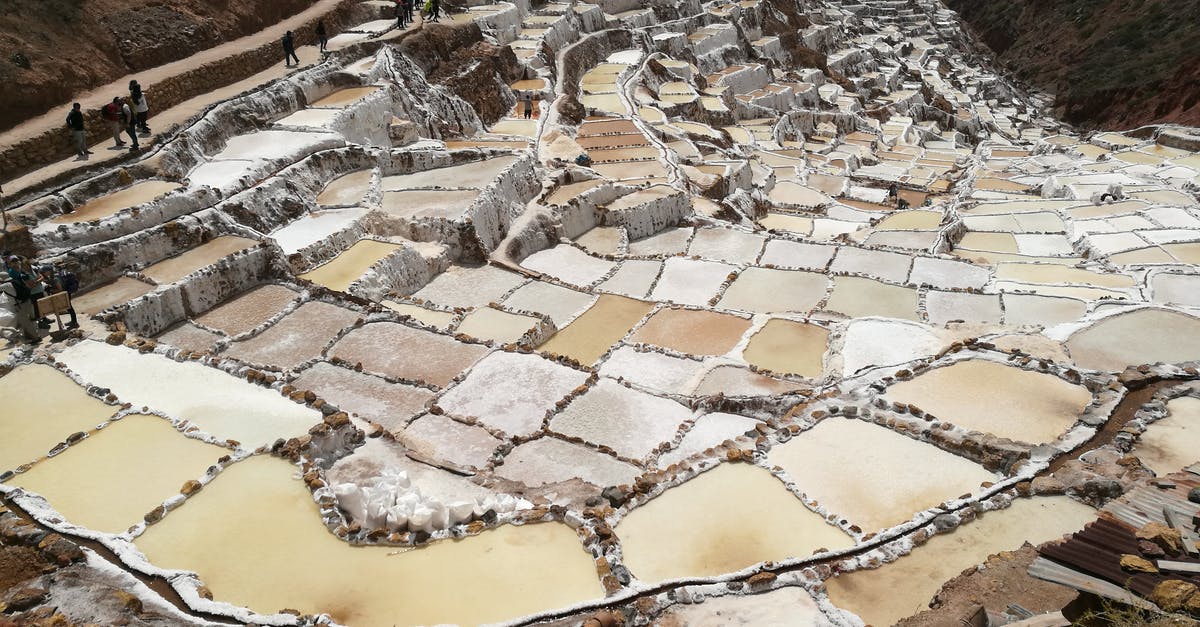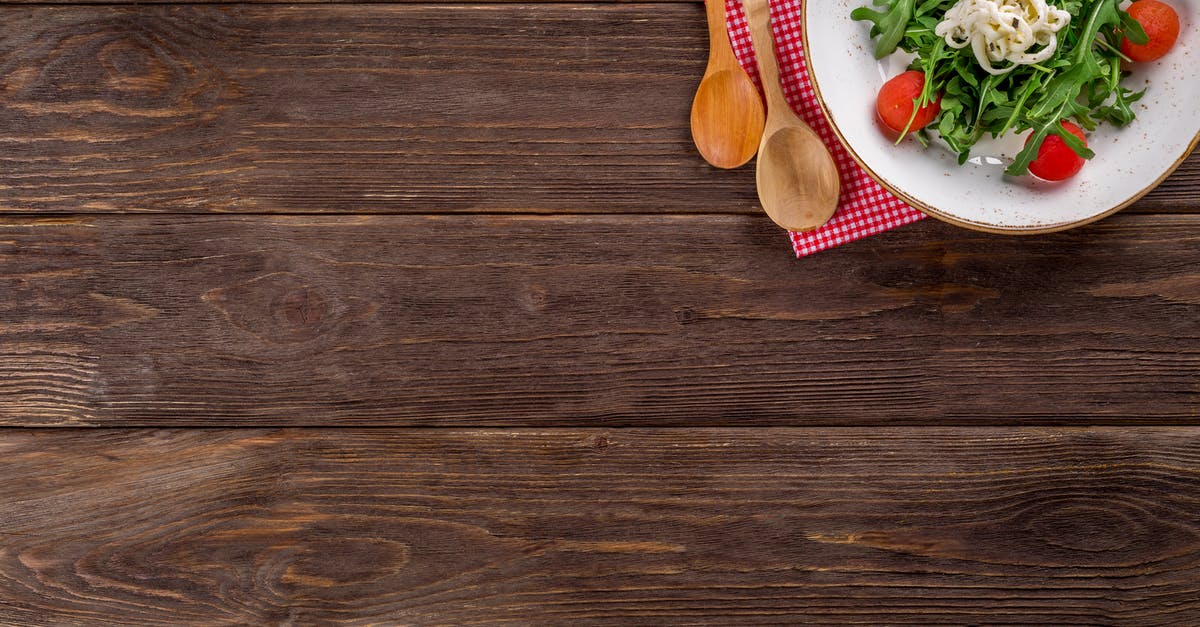Influence of salt on gluten

How does salt influence gluten development in sourdough bread dough? Does it inhibit or enhance it?
Best Answer
This question is a bit tough to answer, since it depends on precisely what is meant by "gluten development." If you mean "the gluten is stronger and tighter, providing greater structural support for the loaf shape," then salt clearly enhances the gluten structure. If you mean "the gluten can form more chemical bonds and develop connections most rapidly," then salt can have different effects, some of which are mildly detrimental to certain types of gluten development.
Basically, bread dough (sourdough or not) without salt will have a looser structure. Doughs without salt are noticeably more sticky, slack, and hard to work with. The final loaf volume (and particularly height) are usually less, due to inadequate gluten structure support. In that sense, salt is ultimately necessary for a loaf to hold its shape and have adequate support during the final proof and bake to make a tall loaf. Dough without salt will generally rise faster and higher initially, but it will be more prone to collapse if you're not careful. (It's possible to still get a decent loaf shaped without salt -- see traditional Tuscan breads, for example -- but the final size will usually still be smaller.)
However, that isn't the whole story. Many bakers practice some form of autolyse step, which traditionally consists of mixing only the flour and water and letting them rest for at least 30 minutes before completing the final dough. (Some people do an hour, or several hours, or even an day.) While yeast is occasionally added to an autolyse, particularly when using a sourdough culture, many people insist on keeping the salt out.
There are several effects of autolysing without salt, including greater activity of some enzymes which can break down more food for yeast and ultimately make the proofing stage shorter. But in terms of the gluten structure, salt will tighten it immediately and remove more free water, making the formation of a large number of random gluten bonds slower. (Some experts claim there are also different types of gluten networks that form easily without salt, and when salt is finally added, they are tightened up into an even stronger result.)
In any case, doing an autolyse step in many cases can result in a dough that's easier to work with, as well as a greater final loaf volume with a lighter, airy (sometimes creamier) crumb. That said, many bakers find that adding salt to an autolyse step won't make a big difference.* It really depends on duration of autolyse, whether you add any levain (sourdough yeast) to the autolyse, and how effectively and evenly the salt is ultimately incorporated after the autolyse (which can be hard to do, particularly by hand).
Bottom line: Salt mostly stabilizes the gluten structure and makes it stronger, but it can also inhibit development of new gluten bonds somewhat, particularly when the flour is initially hydrating.
*Note: The traditional method of autolyse developed by Raymond Calvel specifically excluded salt. Thus, many purists say that it's impossible to do an "autolyse" with salt; instead, you're just "resting the dough" or something before kneading/mixing further. I see the point, but the word "autolyse" in other contexts simply means "breaking itself down" etymologically, and those who rest dough even with salt are usually trying to achieve some of the benefits of autolysis -- including enzymatic breakdown of starches, flavor enhancement, and gluten formation without as much mixing -- just on a smaller and slower scale. So I'm not pedantic about the word use here.
Pictures about "Influence of salt on gluten"



Quick Answer about "Influence of salt on gluten"
When salt is present in low concentrations, it shields the charges of the gluten molecules, thereby reducing electrostatic repulsion between proteins, allowing them to associate and produce a stronger dough (Kinsella and Hale, 1984, Miller and Hoseney, 2008).This is How Salt Affects Bread Dough | The Effects of Salt Explained
Sources: Stack Exchange - This article follows the attribution requirements of Stack Exchange and is licensed under CC BY-SA 3.0.
Images: misael rodriguez cuellar, Pixabay, Karolina Grabowska, Monstera
